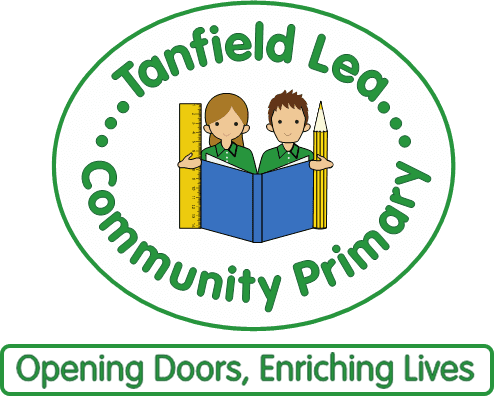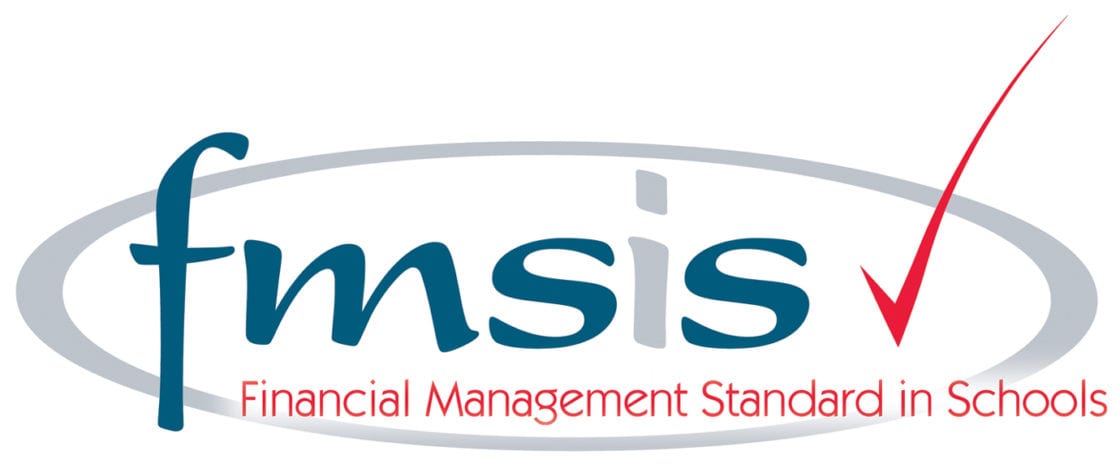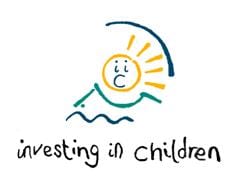All children have the entitlement to a broad, balanced and relevant curriculum. All teaching and support staff are aware of the National Curriculum Inclusion Statement, and with advice from and the support of the SENCO, teachers match the learning to the needs and abilities of the pupils. They use a range of strategies to develop the pupils’ knowledge, understanding and skills including the use of ICT. Where appropriate, materials are modified or support is provided to enable children with SEND to access the learning or the assessment processes.
The school and SENCO regularly review issues related to pupils with SEND to include classroom organisation, teaching styles and methods, materials and tasks to determine how these could be improved. Children are supported in a variety of different ways as appropriate to their needs, which include individual support, in small groups and in class. Withdrawal sessions are used judiciously to support pupils carefully with specific academic, behavioural, social and/or emotional difficulties. Withdrawal sessions are timetabled in consultation with the class teacher to minimise the impact of withdrawal on delivery of the curriculum, actively seeking to ensure curriculum needs are met.
THE WIDER CURRICULUM
In addition to the statutory curriculum Tanfield Lea Community Primary School provides a wide range of additional activities. These include a range of musical, creative and sporting activities/ clubs etc. Pupils with SEND are actively encouraged and supported to join in and benefit from these activities.
Children learn and develop in different ways and may need extra help and support at various points throughout their time at school. During their school career, many children will face barriers to learning that will require support. These needs can be met in various ways.
QUALITY FIRST TEACHING (QFT)
Most children receive their support through good classroom practice (QFT).
This will include:
- Changing the way lessons are planned and delivered
- Matching activities to the ability / need of your child (differentiation)
- Adapting learning materials such as worksheets, books and activities to suit your child’s needs
- Small group support.
A child may require SEN Support if the quality first teaching and specific interventions used to help overcome their barriers is found to be insufficient in meeting their needs.
Our SENCO, (Mrs Andrea Brotherston) working alongside class teachers, oversees all SEN provision, different approaches to teaching and monitors progress of any child requiring additional support across the school to ensure the right support is put in place for each child. She will advise staff on how to help each child, arrange additional training if necessary and well as liaising with other professionals. Children’s needs will be frequently reassessed regularly in order to ensure that the provision is suitable and supports every child’s development.
The provision for pupils with SEN across the four Broad Areas of Need may include some of the following interventions;
Support for children with physical needs:
- Quality First Teaching, accessing a broad and balanced curriculum
- Gross Motor Skills interventions.
- Fine Motor Skills interventions.
- Specialist support from outside agencies e.g. Occupational Health
- Specific physical therapy planned for by specialists
Support for children with speech, language and communication needs:
- Quality First Teaching, accessing a broad and balanced curriculum
- Speech and Language interventions.
- Specialist support from outside agencies e.g. Speech and Language Therapy
Support for children with social, emotional and mental health difficulties:
- Quality First Teaching, accessing a broad and balanced curriculum
- Children in Key Stage 2 engage in an Anti-Bullying programme.
- Specialist support from outside agencies e.g. CAMHs
- Counselling
- ‘Listening Matters’ for one to one intervention
- Lego Therapy
- Conversation Train – an intervention approach
- ‘Getting Along programme’ group Intervention approach
Support for children with cognition and learning needs:
- Quality First Teaching, accessing a broad and balanced curriculum
- Maths and English specific
- Specialist support from outside agencies e.g. Educational Psychology Service
- Specific individual support for children whose learning needs are severe, complex and lifelong and what this means for your child e.g. Dyslexia
- Range of teaching and learning styles;
- A broad range of extra-curricular activities, including After-School
- Differentiation
- Memory Skills Intervention
Children with SEND have a Support Plan. Parents are invited into school to review and discuss support and progress with staff every term. The effectiveness of the support and interventions and their impact on the child’s progress will be reviewed. The class teacher, working with the SENCO, will revise the support in light of the pupil’s progress. If a child does not make expected progress over a sustained period of time, school will consider involving specialists.
More details on how we adapt information, our environment and curriculum can be found in the Accessibility Plan which you ca find in the School Policies section of our website.









